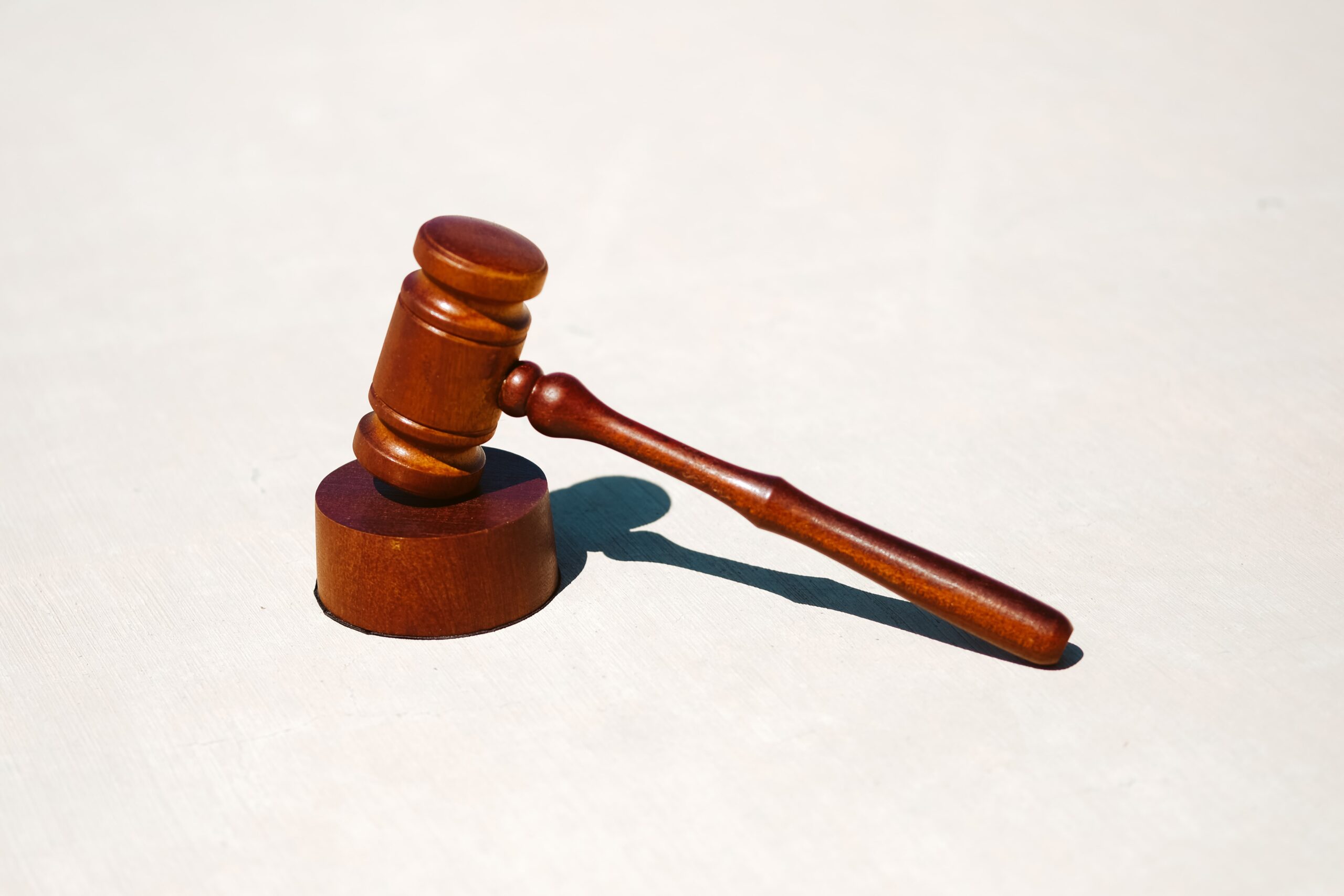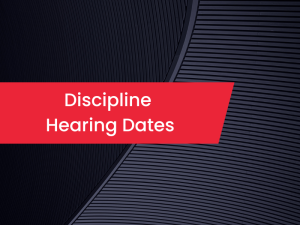There is a recent decision of the Prothonotary of the Federal Court regarding patent agent privilege that all licensees should be aware of.
In JANSSEN INC. AND MITSUBISHI TANABE PHARMA CORPORATION V. SANDOZ CANADA INC, 2021 FC 1265 , the Court stated:
[13] Solicitor-client privilege has broad application. A solicitor-client communication is presumptively privileged if (1) it is a communication between a solicitor and a client; (2) it entails the seeking or giving of legal advice, whether litigious or not; and (3) it is intended to be confidential by the parties (Solosky v The Queen, 1979 CanLII 9 (SCC), 105 DLR (3d) 745, [1980] 1 SCR 821 at pp 833-834, 837).
[14] In considering the text of section 16.1, patent agent privilege can only apply if each of three specific conditions are met. The legislation does not enable the Court to consider or apply other analogous factors, nor does it expressly place patent agents and lawyers on equal footing in respect of the privilege that attaches to their client communications. Section 16.1(1)(c) is limited to seeking or giving advice “with respect to any matter relating to the protection of an invention”
The Court noted:
- there are apparently no Parliamentary debates or other sources of information that may shed light on the intention of the legislature when it created patent agent privilege.
- the policy rationale underlying the Patent Act is the patent bargain, or quid pro quo. The patent bargain encourages innovation by offering an inventor exclusive right in a new and useful invention for a limited period in exchange for disclosure of the invention so that society can benefit from this knowledge
- communications “relating to the protection of an invention” as that phrase is used in section 16.1 does not extend to an analysis as to whether a product infringes third party patent rights. The legislature did not express an intention to attach privilege to any and all communications between patent agents and their clients. (Emphasis added)
- A non-infringement opinion does not relate to the disclosure of the invention or otherwise contribute to the patent bargain. A non-infringement opinion for a product may identify litigation risk, but does not advance the protection of an invention, including obtaining patent protection
Though only a decision of the Prothonotary, patent and trademark agents should be aware of the decision and govern themselves accordingly.
Licensees should always keep in mind that their obligations to their clients regarding all information is governed by the Code of Professional Conduct provision on Confidentiality:
- An agent must hold in strict confidence all information concerning the business and affairs of the client acquired in the course of the professional relationship and must not disclose such information unless the disclosure is expressly or impliedly authorized by the client, required by law or by order of a court or otherwise permitted or required by this Code.
In response to Janssen, some would say assessment of infringement (as well as patent validity) must be a matter relating to ‘protection’ of an invention, and therefore the decision is incorrect. Others would say clients do not wish for an infringement analysis to be undertaken; so, this is not an intrinsic part of protection and on the facts, the decision is correct.
Not until this issue is reviewed by the Court at a higher level will these issues get fully addressed.
In the meantime, the decision appears to create some unfortunate distinctions between agents who are lawyers and those who are not. Clients of the former have the benefit of lawyer-client privilege, which is broader than the scope afforded agent-client privilege in this decision. Non-lawyer agents must consider this when engaging with clients in matters that are beyond the scope of ‘any matter relating to the protection of an invention’. If their advice or communication falls outside the analysis in this decision, they may have to advise clients there may not be privilege associated with the communications and give the client an option to involve a lawyer in the advice-giving process to ensure the communications are fully protected.





